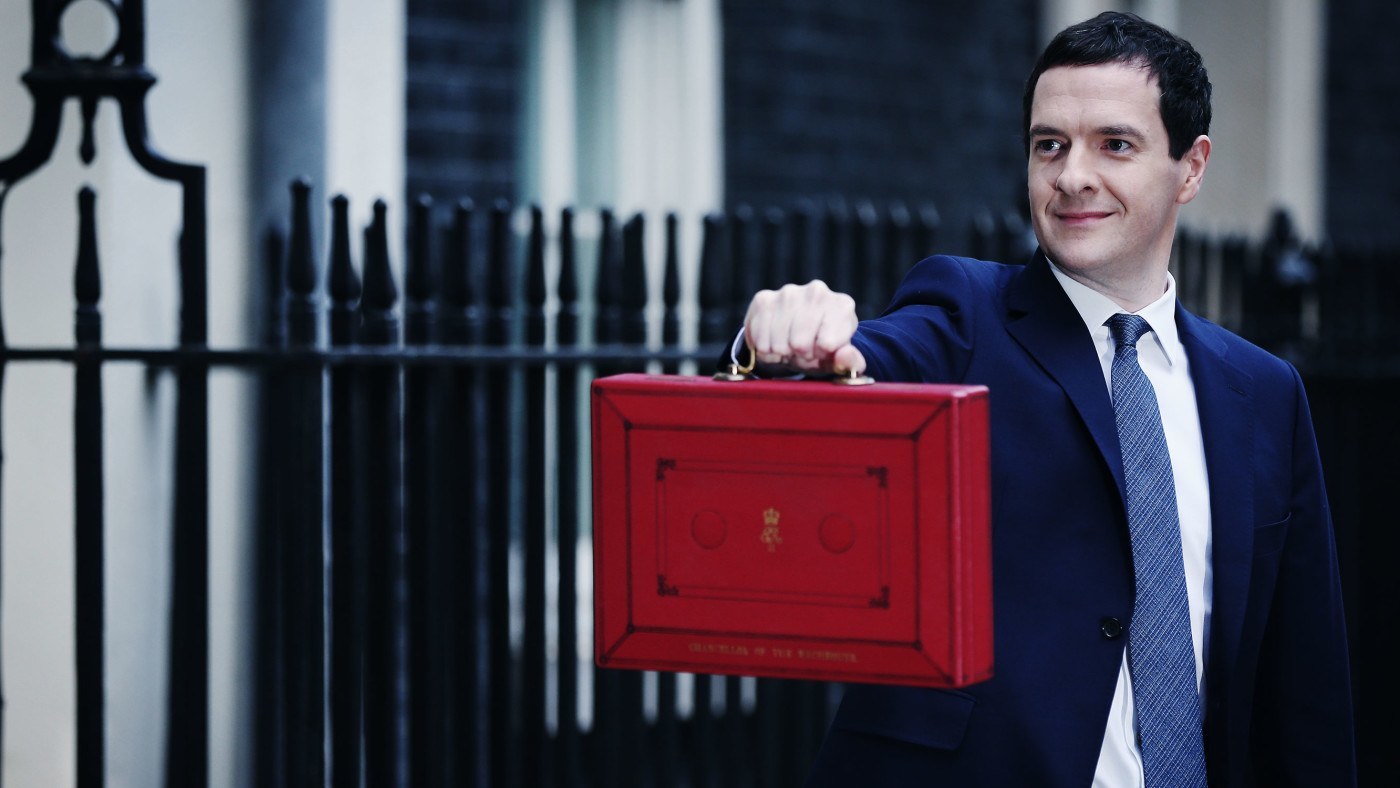Is tonic water included in George Osborne’s new sugar tax? I’m asking for a friend, obviously, although the thought of an increase in the price of a gin and tonic – middle Britain’s staple pick me up at the end of a long day – does not fill me with joy. Yet the new tax on sugary drinks that Osborne announced was so obviously aimed at distracting attention from poor figures elsewhere that I cannot believe newspapers and broadcasters will fall for it. We’ll see.
Several other Budget 2016 thoughts:
1) Why was the Budget happening at all? I mean I know it happened because it was in the diary and it is the custom that the UK government has a budget at least once a year, but this one had to be padded out with so much non-core stuff that at one point I thought Osborne was going to start reading out a list of his favourite albums or passing around his holiday photos.
2) Can we please end this ridiculous obsession with growth projections? The central point of the Budget this year was that the OBR projections unveiled last November – on which Osborne hooked his “end of austerity” Autumn Statement – turned out to be wrong on growth etc. But Osborne skipped from explaining this to outlining a new set of projections for the next five years. So the OBR – the body that got it wrong (perfectly legitimately) – five months ago is now having a go at projecting the next five years? What’s the point? Oh, and it warns on Brexit too. We really should shake this projections fixation – they almost always turn out to be wrong. Did the Victorians do this? Nope. I don’t even remember it being as big a thing as it is now twenty years ago. Brown ramped it up (that ended well) and Osborne is equally obsessed with unknowable numbers that depend on things that haven’t happened yet. It adds to the sense that a game is being played and we, the public, are the pawns.
3) Politics is difficult to do well, as Jeremy Corbyn proved again with his pitiful response to Osborne. Assorted people whose views I respect seems to think it was just about okay, which only proves how low Shadow Chancellor McDonnell and Labour leader Corbyn have set the bar. His delivery was halting. He was angry, but not to any good effect, and he stumbled over the finishing line. This is cruel, but it’s a cruel business and no-one forced him to stand for the position of trainee Prime Minister. Any time he wants to retire he is free to do so. Please get on with it.
4) If you don’t like this government, then the cuts to benefits for the disabled (£4.2bn over five years says Labour’s Yvette Cooper) will be the motif that dominates today. It has the potential to go very deep this, and to become the central, easily understood charge against the Tories even though the government says the most vulnerable will be protected. Get it wrong and this stuff enters the bloodstream, as it did in the 1980s, and then a decade later it has turned into a very simple accusation – repeated endlessly by opponents and voters – that Tories just don’t care.
5) Osborne is growing in confidence considerably. On previous occasions his performances have tended to dip in the middle and he struggles a bit. Not this time. It was a confident showing, with a couple of good jokes, especially about closing the Liberal Democrats.
6) Back to the borrowing figures. Beyond all the rhetoric about the UK being in good shape to take whatever the world throws at it, Britain is in the remarkable position that eight years after the financial crisis and the deep recession that followed, the government is still borrowing £79bn this year and that is after a strong surge in employment and healthy growth. Something fundamental is clearly wrong with the way the tax system is structured, and I wonder if it is that it hasn’t caught up with the changing nature of self-employment and also with patterns of spending (eventually e-commerce will have to be taxed differently, I suspect). Most of all the government is spending too much money.


